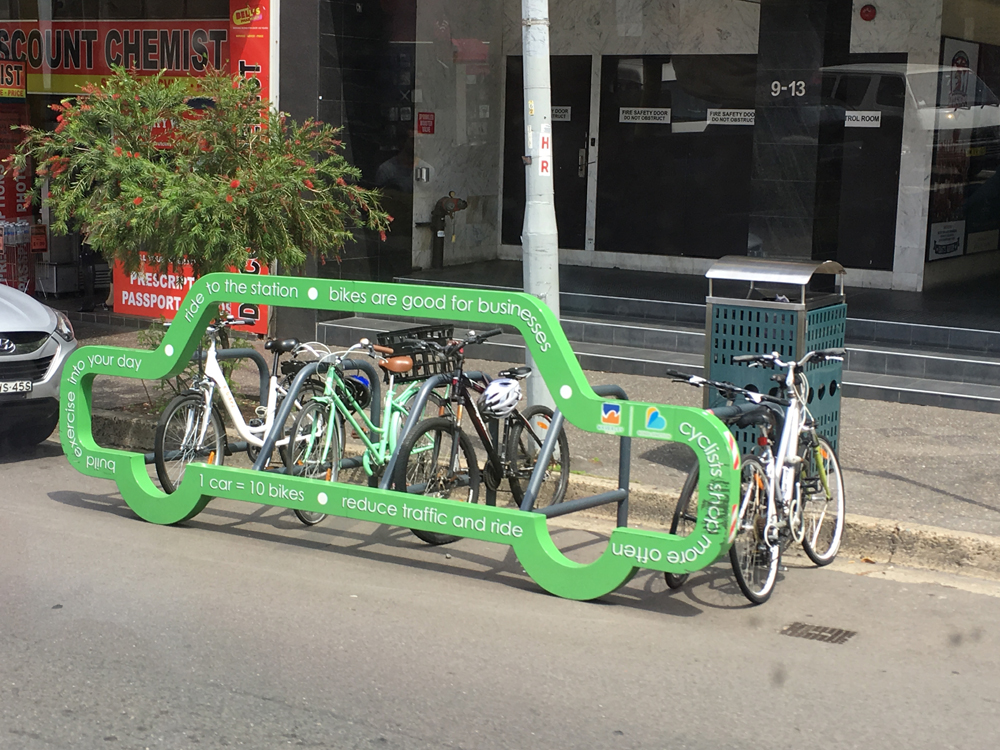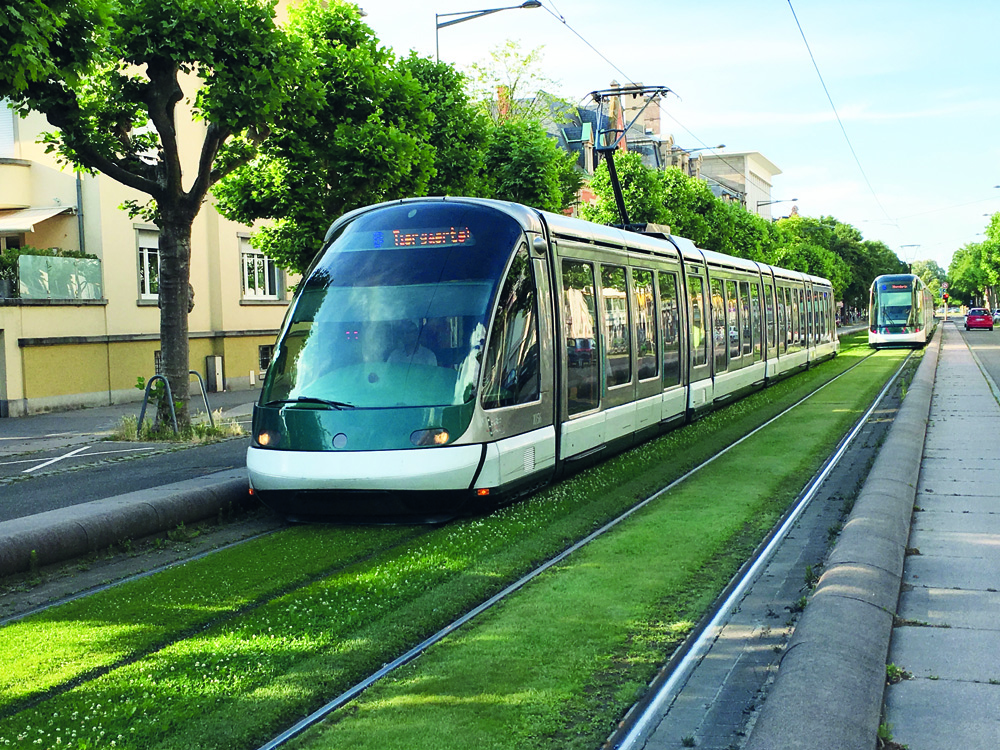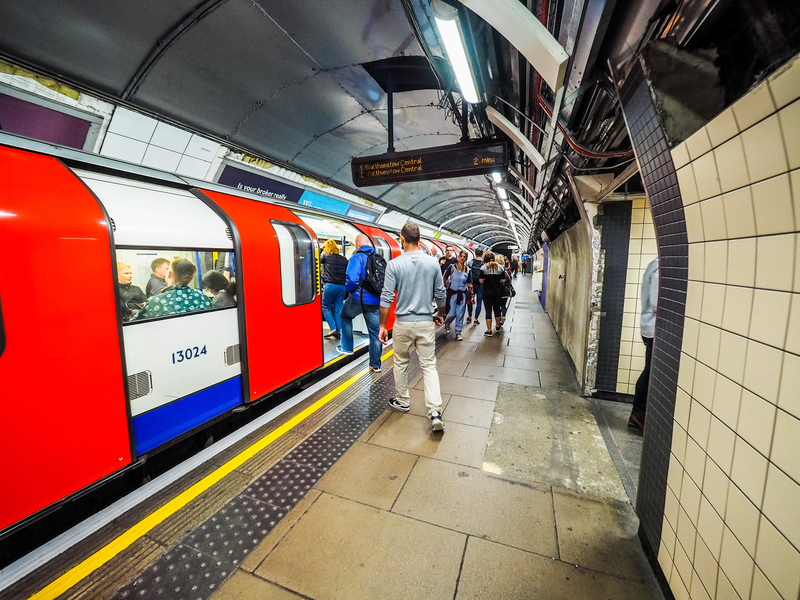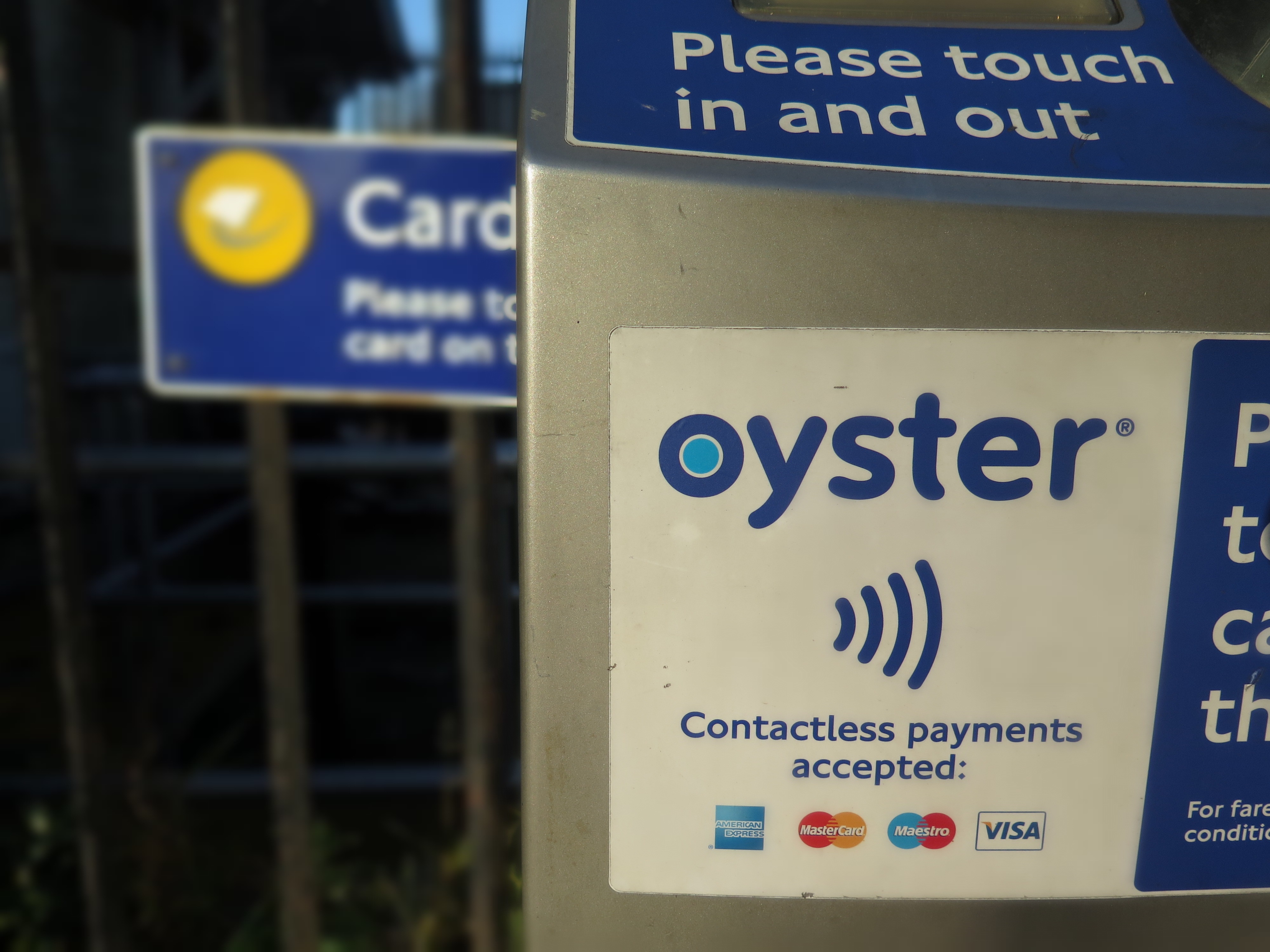
Interoperability between Mobility as a Service (MaaS) systems, with multimodal door-to-door trip-planning and payment function, would be an enormous benefit to travellers. Imagine an app that can be used in any city or region with a MaaS platform – perhaps even translating place names into the user’s first language: such functionality would enable users to easily access public transport at an unfamiliar airport rather than relying on taxis.
Therein lies a dilemma: making MaaS systems fully interoperable could open the way for the technology giants to step in - with or without contacting the local authority. During the MaaS Alliance’s first podcast Charles Ehredt, CEO of the Currency Alliance, predicted such a move, saying that within three to five years tech companies will have a 50% market share of access to mobility.
While the bodies and regulators ITS International has contacted are working on standards and methods to provide open data and interoperability of MaaS platforms, none appears to have considered the possibility of unintended consequences.
Fare complexity
As highlighted previously, the complexity of fare systems and the differences in these structures from one city to the next is a major problem for potential MaaS platforms and a real deterrent to global technology companies looking to enter (and perhaps dominate) this sector.

However, if a MaaS specialist encompasses all of a city’s discounts and limits into their app, will they have to make that information freely available to third parties for interoperability and/or legal reasons? If so, the tech giants could take advantage and utilise such information to offer a global MaaS platform. While this would indeed benefit those frequently travelling outside their home city or country, it could diminish or remove the local authority’s ability to deliver policy.
Many cities provide the timetabling and live public transport data required for trip planning. However, as SkedGo’s head of marketing Sandra Witzel points out, piecing together individual services into multimodal end-to-end trip planning is far more complicated. That said, interest in this sector among tech giants is growing: Google Maps now includes a public transport trip-planning function for many cities and has rapidly gained a large share of the market.
Standard approach
Commenting on Uber’s move into dockless bikes, its CEO Dara Khosrowshahi is on record as saying the company’s goal is to meet demands for all kinds of trips. Jahan Khanna, the company’s former director of product and new business innovation, acknowledged that bikes could divert business from the car service but said: “If we’re serious about replacing every use case that a personal car fulfils, we need to be able to provide them.”
Michael Kieslinger, founder and CEO of MaaS platform operator Fluidtime, says there is a ‘high probability’ that the tech companies will enter the field at some point – probably when it becomes more standardised and rolled-out globally: “Global players want to do things in a standardised fashion [although] they would need local contracts to deliver the transport.”
Currently, booking and paying for transport requires a plethora of contractual agreements between the transport providers and the MaaS platform – and this has represented a major hurdle to both the interoperability of MaaS services and the tech giants. Many believe this will ensure transport provision is always arranged locally but mobile phones provide an alternative model as the user’s domestic provider collects and distributes any costs incurred by other providers when the individual is abroad. Such standardised payment protocol would aid MaaS interoperability but it could also provide the tech giants with a means by which they can provide MaaS-style services without contracts with each transport provider.
Tech power
Kieslinger believes the more powerful players may opt for direct payments to transport providers. “I see tech giants like Google being powerful enough to turn this around and say ‘if you want your transport services to be visible on my platform, you have to connect yourself with my platform and agree to my terms’,” he suggests. “They are so dominant; they can dictate the rules whereas current MaaS platforms have to make [separate] contracts with each transport provider individually.”
Google Transit Partner Program is perhaps a case in point.
The question then arises: would the tech giants be interested in providing transport for everybody as an authority is obliged to do? For instance, those living in rural areas or without a mobile phone or bank account, children, the elderly and those with disabilities. Probably not, because some travellers and locations are not profitable.

According to Kieslinger, taking care of those travellers for whom there is no business case would fall to the public authority and would have to be subsidised: “Transportation cannot be 100% profitable – for instance in rural areas - but the question is, can a government find a way to generate funding out of the profitable areas in order to subsidise the services that are not profitable?”
In Austria and Germany, cities have recognised Google and others as players in the transportation market. The argument, therefore, is why should they not provide information to a certain group of people?
“With regards to policy, authorities may want to ensure that, for instance, traffic is not going everywhere through the city but only on certain routes and that the modal shift is progressing in the right direction,” Kieslinger continues. “The difficult part is how can you make global players follow policy rules. Firstly, you have to let the [technology companies] know there are policies in place and that these have to be followed – that responsibility rests with the authority. Of course, a global giant might or might not conform. Typically, I would say they probably will because there is no point in them neglecting it.”
Navigation systems
He cites a road between Germany and Italy through the Tyrol region of Austria which becomes congested in the holiday season, leading navigation devices to divert drivers through small towns and villages, causing near gridlock which prompted the local government to ban through traffic.
Initially, drivers diverted by their navigation systems found the route was not allowed and had to go back to the original route. On seeing the problem this caused, the local authority directly informed the navigation companies of the no-through route and the problem was overcome.
“There was no way to force tech companies to comply but it is in their interest to make sure their information is correct as it prevents their users being inconvenienced,” says Kieslinger.
Traditionally, transport policy has been delivered through conditions attached to licences to run bus, metro, tram and taxi services. However, most MaaS platforms are not run by transport operators and therefore do not need a licence to operate, making it much harder to connect policy goals to services.
Restricting access to transport application programming interfaces (APIs) would not be legal in many countries but it could be possible to attach conditions to accessing and using that information – and this, in turn, could provide authorities with a conduit through which policy could be delivered. However, it is debatable whether such a move would provide the most accessible and efficient transport services for the majority of residents and travellers.
MaaS versions
In Kieslinger’s opinion, the ‘free but not open’ approach makes a lot of sense - although that is not a vision shared in London, where more than 650 apps are powered by Transport for London (TfL)’s freely available open data.
Michael Hurwitz, director of innovation at TfL, says: “In a sense, a version of MaaS is already available, with integrated and/or contactless payments available across both public and private services, and multimodal journey planning well established, through either TfL’s own journey planner or one of the apps powered by our open data.”

However, he adds: “While we welcome products which promote public transport, walking and cycling, it must be emphasised that there is a fundamental role for transport authorities in shaping these new transport services to their cities’ needs. This will help cities to maximise the potential benefits for their populations as a whole, while minimising unintended consequences.”
Finland is taking a different approach, completely overhauling its transport (and other) legislation. Laura Lassila, legal counsel at Traficom, the Finnish Transport and Communications Agency, explains: “In Finland, everybody has to open their APIs, no matter what the operation – including MaaS operators and Uber. When a public authority opens their APIs and Uber, for instance, uses this to create some kind of service, then Uber is obligated to open that interface,” she continues.
Service offering
When asked about providing services for those with special needs, for instance wheelchair users, she says: “This is not a group of customers that private companies want but our regulations mean that you have to open the APIs and give the information - but it says nothing about how the transport service itself should be provided.”
She adds: “Public transport providers have to say which services are wheelchair accessible, but a third-party operator can use this information as they wish and does not have to offer this service.”
While emphasising that ‘cherry picking’ of profitable travellers has not occurred to date, she says without knowing what services the MaaS operator will offer, what customers they will have and the role of the public service provider, it is difficult to regulate.
By providing both trip-planning information and a payment method, MaaS can have an enormous impact on the way people travel, and to date such providers have collaborated with the local authorities. But MaaS platforms are not transport providers and fall outside the current legislative framework - their cooperation with local authorities’ policies is not a given. The evidence of what can happen when new and non-collaborative transport options start operating in a city is now abundant - increased congestion, vehicle miles travelled and journey times, microtransit ‘litter’ and local authorities struggling to regain control.
Tech giants predominantly take a one-size-fits-all approach to global roll-outs and while it is not possible to predict the exact impact of their entry into the transport market, acting to prevent foreseeable shortcomings has to be preferable to trying to rectify problems after they have occurred.












